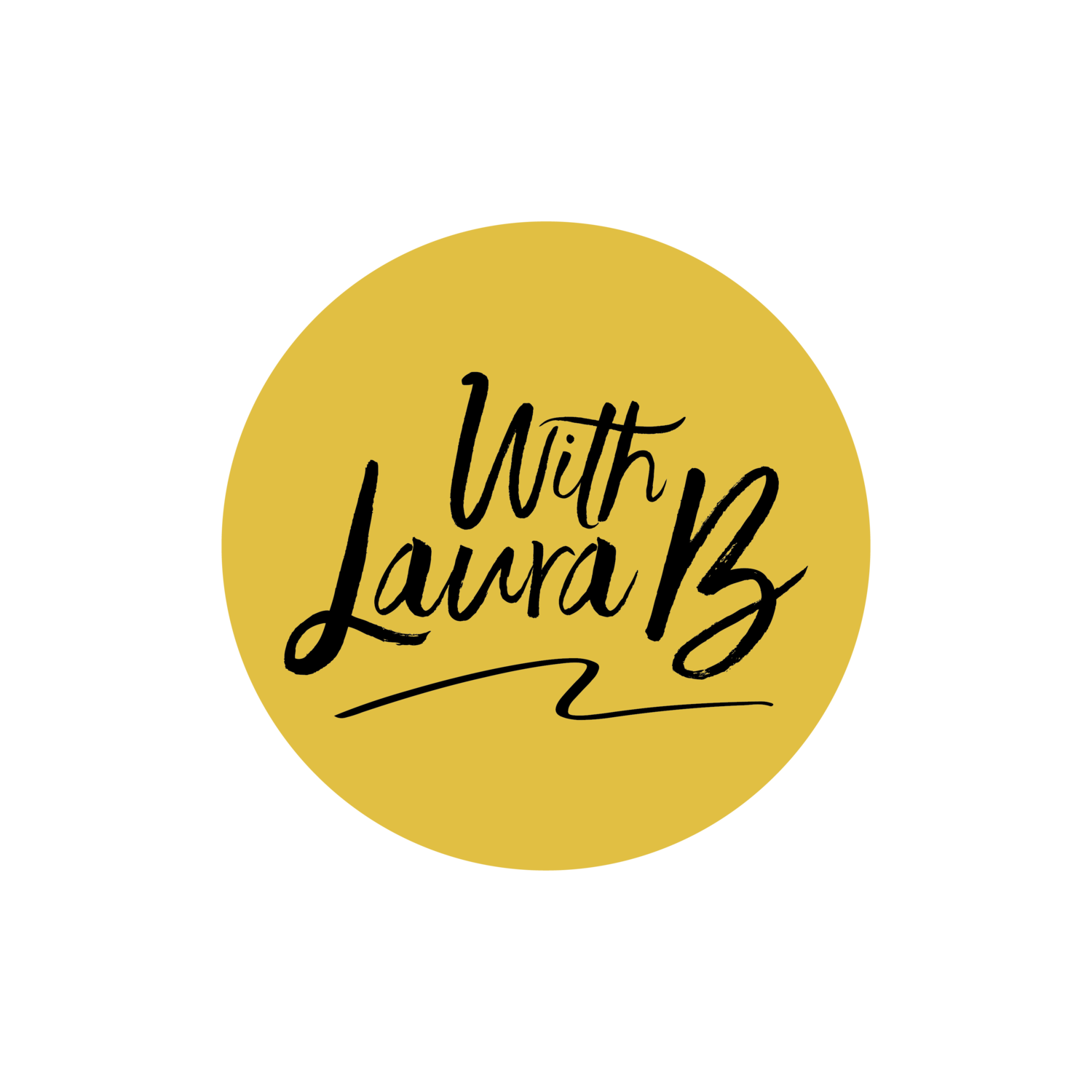Confidence - Trait or Skill?
Confidence is a topic that often finds its way into our daily conversations, self-help books, and motivational speeches. We hear phrases like "believe in yourself" and "confidence is key" regularly, but have you ever wondered whether confidence is an inherent trait or a skill that can be cultivated? Let's dive into this intriguing question.
First and foremost, I want to acknowledge all of you wonderful people, especially my fellow women. You have unique qualities, endless creativity, unwavering compassion, and the ability to make a lasting impact on the world. It's essential to recognise and celebrate the incredible individuals you are.
When we discuss confidence, we often find ourselves contemplating the roles we play in our lives. We are sisters, aunties, daughters, employees, partners, pet owners, and parents, and in each of these roles, we tend to prioritise the needs of others above our own. This behaviour is not only deeply ingrained in our culture but is also a reflection of our nurturing nature. We give our all to our families, our jobs, our partners, and even our pets, and our children. It's a beautiful aspect of who we are, but it also raises the question - is confidence an inherent trait or a skill we can develop to maintain balance?
Let's break it down. Confidence as a trait suggests that some people are naturally more confident than others from birth. It's the idea that certain individuals are born with an innate self-assuredness, which makes it easier for them to tackle challenges, speak their minds, and exude charisma. While there might be some truth to this, it's crucial to understand that even if confidence has some genetic components, it's not solely defined by nature.
Confidence can also be viewed as a skill. Like any other skill, it can be learned, nurtured, and improved upon over time. Think of it as a muscle you can exercise and strengthen. Just as you develop your abilities in various areas of life, you can enhance your self-confidence through practice, self-awareness, and self-compassion.
One thing is clear: true confidence involves a balance. It's not about being bold in every situation or never feeling doubt or insecurity. It's about having the self-assurance to face challenges, take calculated risks, and believe in your abilities, even when you're not entirely sure of the outcome.
So, how can we work on building our confidence as a skill?
Self-awareness: Start by understanding your strengths and weaknesses. Knowing your limitations allows you to make informed decisions and set realistic goals.
Positive self-talk: Pay attention to the way you speak to yourself. Replace self-doubt with positive affirmations. Celebrate your accomplishments, no matter how small they may seem.
Challenge your comfort zone: Step out of your comfort zone from time to time. Facing your fears and overcoming obstacles can significantly boost your confidence.
Continuous learning: Knowledge is power. The more you know, the more confident you become. Whether it's through education or life experiences, keep learning and growing.
Seek support: Surround yourself with a supportive network of friends and family who believe in you and your abilities.
In conclusion, confidence is not just a trait bestowed upon a lucky few at birth. It's a skill that can be honed and developed over time. While some individuals may have a head start, we can all work towards a healthy and balanced level of self-assurance. Remember, you are already wonderful, and your journey to greater confidence is just another way to celebrate your uniqueness. So, go ahead, embrace the skill of confidence, and let it empower you on your life's extraordinary journey.
